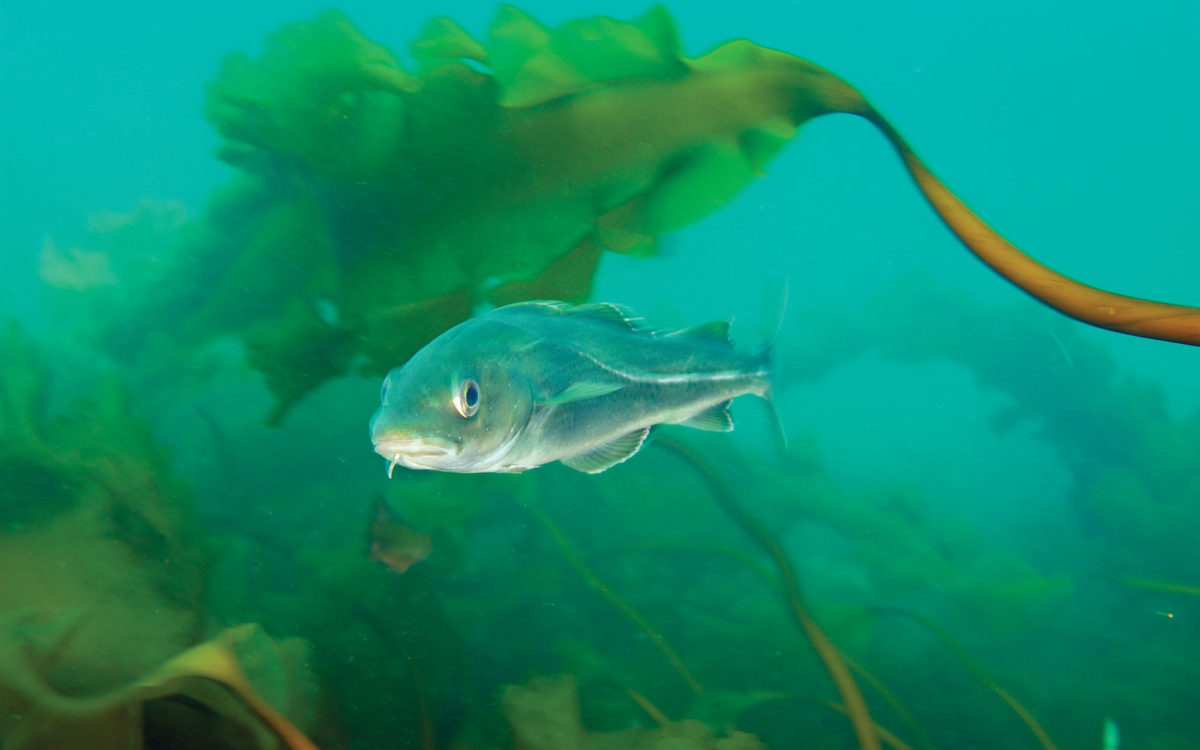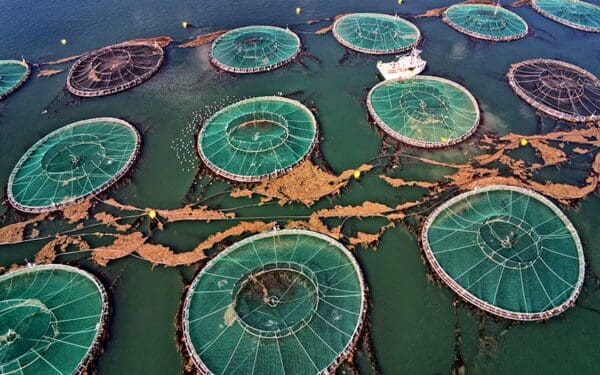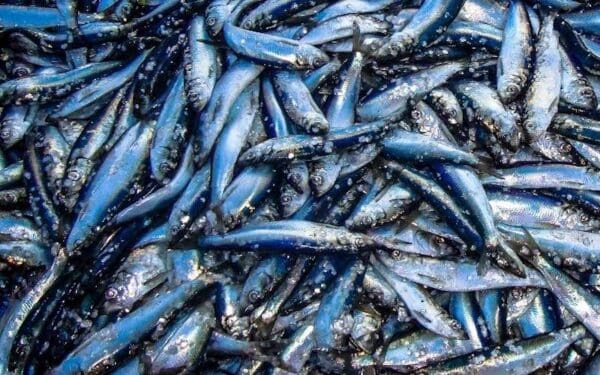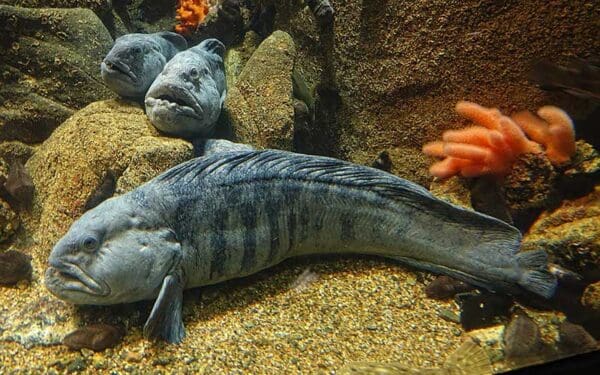
Two years ago, CLF petitioned the federal government for immediate action to save New England's most iconic fish. Atlantic cod cannot wait any longer. Photo: Brian Skerry
In February 2020, CLF petitioned the federal government to take bold action to save Atlantic cod – New England’s most iconic fish species. To date, our petition remains unanswered. And, the latest population assessments show that cod continues to struggle with no chance of recovery under current management. A rapidly warming ocean will make cod’s recovery even harder.
CLF and our members continue to push the federal government to step up. That means strong action now. Here are the five conservation and management measures CLF urged fishery managers to take to help cod make a recovery:
1. Monitor all New England groundfish trips
Given cod’s overfished status, fishery managers set low catch limits for Atlantic cod. These limits are meant to constrain fishing. But currently, most trips don’t have a monitor on board to help track what is caught. That means that some fishermen may choose to simply throw cod overboard rather than bring it to market. This way, the discarded cod doesn’t count toward the catch limits, and the fishermen can keep their boats on the water for longer while fishing for other species. This leaves scientists and managers with inaccurate data.
Without an accurate understanding of how many fish are caught, managers cannot put a stop to overfishing. That’s why, to help bring Atlantic cod back from the brink, regional fishery managers want to monitor what is caught on every commercial groundfishing trip in New England.
2. Stop fishing for Atlantic cod – both commercially and recreationally
Atlantic cod is in such a precarious place that continued fishing will hinder recovery. Scientific studies show that stocks are more likely to rebuild if there’s an immediate ramp down of fishing instead of small reductions over time. Managers have tried the small reductions method in the cod fishery for nearly two decades, and it hasn’t worked. Now, we need drastic action.
3. Create refuges to protect important habitat
Atlantic cod need refuge areas where they can spawn, grow, and thrive. This means managers need to close important cod areas to any fishing capable of catching cod and other groundfish. It’s especially important to protect young juvenile cod, so they’re not caught before they can grow. Refuges must also protect the BOFFFFs (Big Old Fat Fertile Female Fish). These big mother fish lay exponentially more eggs than their smaller, younger counterparts. Setting aside some areas for the BOFFFFs to safely spawn will help build the next generation of cod.
4. Require modified fishing gear to reduce cod bycatch
Even with a prohibition on cod fishing, fishermen may accidentally catch cod as a “bycatch” when targeting other groundfish species. To minimize bycatch – and allow other fishing to continue while cod makes a comeback – managers should require specific nets and other fishing gear that avoid Atlantic cod.
5. Make sure that recreational fisheries aren’t killing cod
Recreational fishing has a significant impact on the cod population. In 2018 alone, recreational fishing accounted for nearly 10% of the total landings of Atlantic cod. To facilitate cod recovery, areas closed to commercial fishing should also be off-limits to recreational fishing. Also, managers should require specific catch-and-release practices across Atlantic cod’s range to improve its chances of survival if accidentally caught by recreational fishermen.
To save Atlantic cod, we need immediate action – you can help
Cod cannot wait any longer. We recognize that these actions will be difficult for fishermen and their communities already facing numerous stressors. But without these measures, we will run out of time. Cod – and the entire cod fishery– will run out of time.
Join us in our fight to protect the future of our cod. Ask the National Marine Fishery Services to monitor 100% of commercial groundfish trips. You have until March 30th to make your voice heard.



